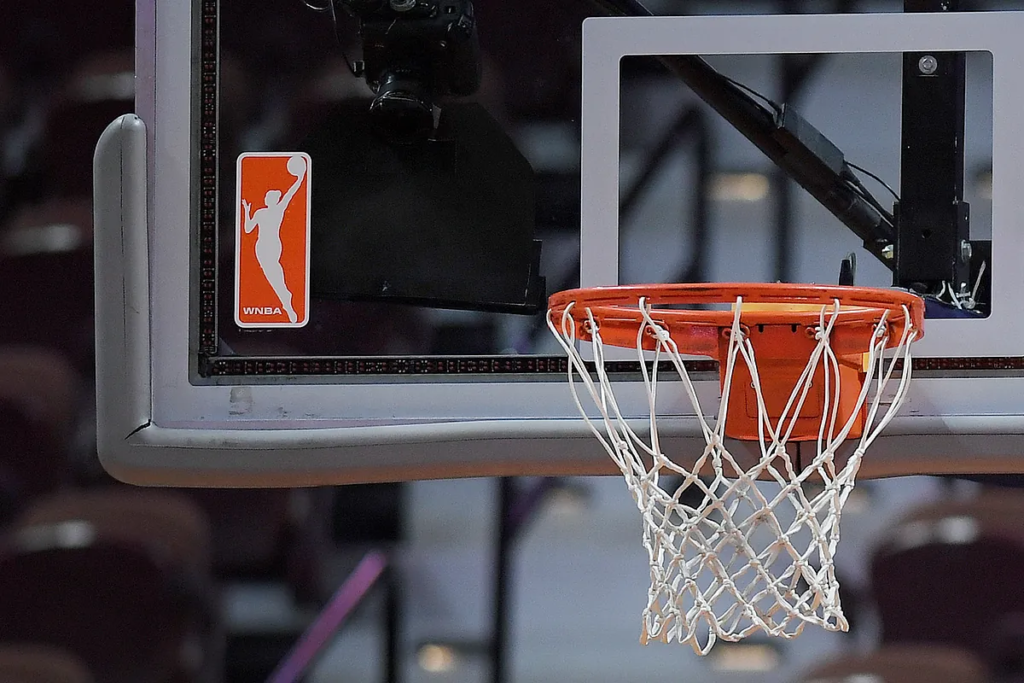Reports have surfaced that Maverick Carter, longtime business partner of LeBron James, is refocusing his efforts away from NBA rivalry projects and toward launching a women’s basketball league to compete with the WNBA.
With tension rising around the WNBA‘s labor issues, declining salaries, and debates over equity, Carter‘s pivot draws fresh attention to long-standing debates over sustainability and structure in women’s pro hoops.
According to the BroBible report, Carter is now developing a league “to rival the WNBA,” incorporating lessons from earlier efforts aimed at the NBA.
The move follows increasing unrest in the women’s basketball space, where players have challenged structural limits around pay, equity, and autonomy. While Carter‘s name first appeared tied to a global basketball venture known as ‘Project B’, the current emphasis is clearly on women’s basketball.
Sources close to the situation say Carter‘s emerging plan will offer new models of ownership, revenue sharing, and athlete accessibility – areas where many critics argue the WNBA still lags.
By attaching his brand to a counter-model, he implicitly raises the stakes for the existing league’s leadership.
Power shifts in women’s basketball
Launching a rival during a period of wage discontent and collective bargaining tension is bold. Several WNBA players have publicly expressed frustration with the league’s trajectory, making rumors of a competitor especially potent.
Carter‘s position may serve as leverage – a tangible threat of alternative for unhappy stars. The shift also reflects how Carter and his partners may be embracing a more player-centric paradigm.
Rather than merely building a counterpart NBA, the focus on women’s basketball suggests a belief that innovation may find clearer traction there. The gender equity conversation, already active in sports circles, becomes a component of competitive strategy.
That said, monetary and logistical hurdles abound. Funding a league that can match or surpass WNBA-level contracts, while offering bonuses, equity, and marketing support, is no small task.
The existing league benefits from established franchises, media rights deals, and institutional infrastructure that a startup must compete with or supplant.
And yet, this is not Carter‘s first foray at disruption. His association with Project B, previously seen as seeking a global basketball revolution, has given him a frame already tested in public and investor response.
Is women’s hoops, not the NBA, the future?
His withdrawal from its men’s ambitions and reallocation of focus hints at a strategic retreat rather than abandonment: he’s picking his battlefield – and for now, women’s hoops may be that ground.
If executed thoughtfully, the new league could shift power dynamics. Elite players might demand more from their current contracts or consider jumping ship, with Caitlin Clark and Angel Reese both vocal in their dissatisfaction with their low remuneration packages.
The WNBA would face pressure to reevaluate revenue splits, marketing allocations, and institutional support to retain its stars and identity.
Regardless of how the story plays out, Carter‘s move flags something significant: he doesn’t see the WNBA as untouchable. For many observers, that signals a turning point.
The question now is whether Carter‘s vision can match the audacity of its ambition – and whether the basketball world is ready for a new competitor in women’s professional sport.
Read the full article here

